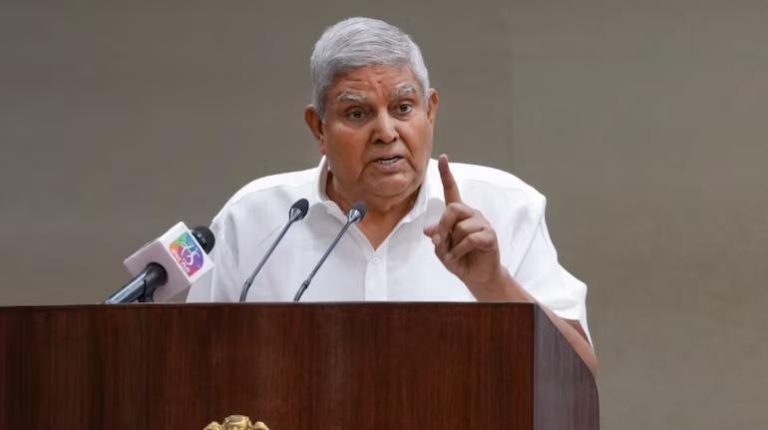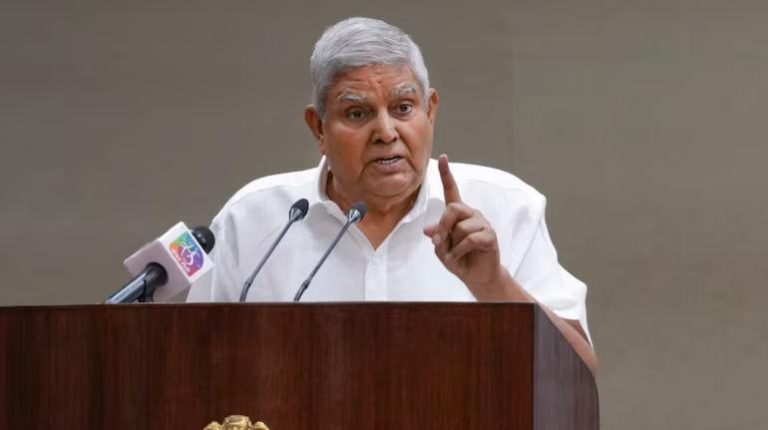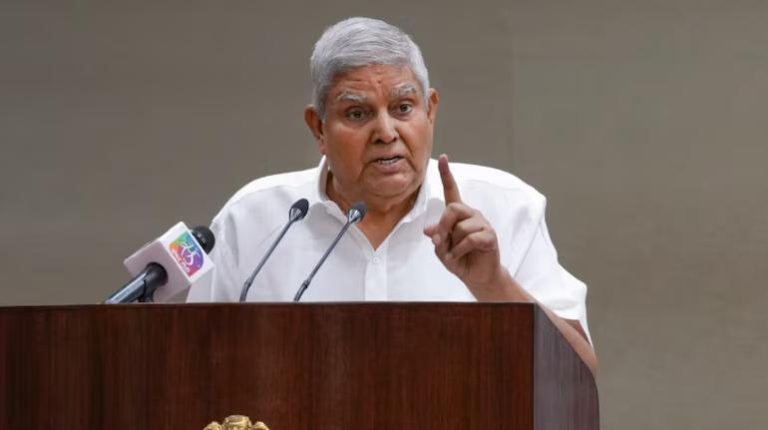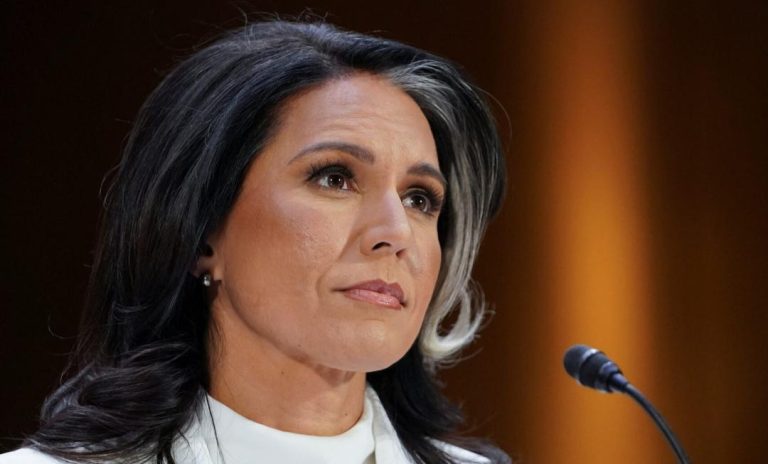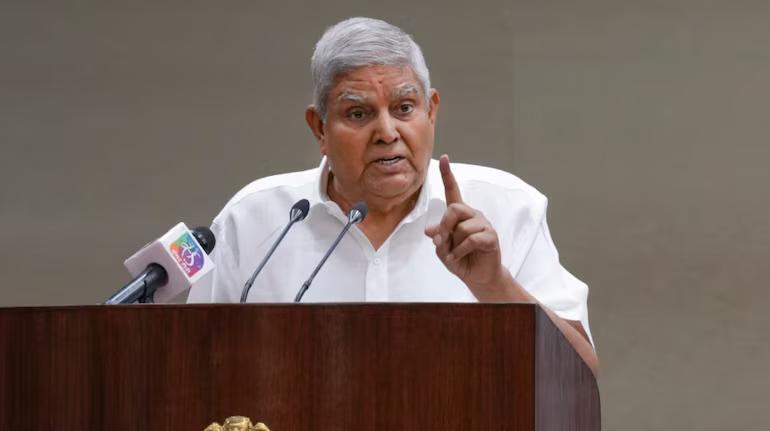
Terrorism is Global Menace: Vice President Dhankhar on J&K Attack
The recent terror attack in Pahalgam, Jammu and Kashmir, has left the nation in shock and grief. The attack, which claimed the lives of at least 26 people, is a stark reminder of the devastating impact of terrorism on innocent lives. In the aftermath of this heinous act, Vice President Jagdeep Dhankhar has strongly condemned the attack, terming it a “global menace” that requires immediate attention and action from the international community.
Speaking on the attack, Vice President Dhankhar expressed his deep sadness and outrage at the loss of innocent lives. He joined the nation in condemning the attack, emphasizing that it is a stark reminder of the need to combat terrorism effectively. “I join the nation in expressing profound grief and outrage at the heinous attack in Pahalgam that claimed innocent lives. It is a reminder that terrorism is a global menace,” he said.
The attack in Pahalgam, a popular tourist destination in Jammu and Kashmir, is the latest in a series of terrorist incidents that have been plaguing the region in recent months. The increasing frequency and brutality of these attacks have raised concerns about the safety and security of the people living in the region. The attack has also raised questions about the effectiveness of the measures taken by the government to prevent and respond to such incidents.
Terrorism is a complex and multifaceted issue that affects not just one region or country, but the entire world. It is a global menace that requires a coordinated and sustained effort from governments, international organizations, and civil society to combat. The recent attacks in Jammu and Kashmir are a stark reminder of the need for a comprehensive and multifaceted approach to combating terrorism.
One of the key challenges in combating terrorism is the lack of coordination and cooperation among governments and international organizations. Terrorism is a global problem that requires a global response. It is essential that governments and international organizations work together to share intelligence, coordinate efforts, and develop effective strategies to prevent and respond to terrorist attacks.
Another challenge in combating terrorism is the growing threat posed by non-state actors. Non-state actors, such as terrorist organizations and extremist groups, are increasingly using violence and intimidation to achieve their goals. These groups are often well-funded, well-armed, and well-organized, and they pose a significant threat to national and international security.
In addition to these challenges, combating terrorism also requires a sustained effort and commitment from governments and civil society. It is essential that governments and civil society work together to promote tolerance, understanding, and dialogue, and to counter the ideology of terrorism. This requires a long-term effort to address the root causes of terrorism, including poverty, inequality, and political instability.
In conclusion, the recent terror attack in Pahalgam, Jammu and Kashmir, is a stark reminder of the devastating impact of terrorism on innocent lives. Vice President Jagdeep Dhankhar has correctly termed terrorism as a “global menace” that requires immediate attention and action from the international community. To combat terrorism effectively, governments and international organizations must work together to share intelligence, coordinate efforts, and develop effective strategies to prevent and respond to terrorist attacks. Additionally, governments and civil society must work together to promote tolerance, understanding, and dialogue, and to counter the ideology of terrorism.
